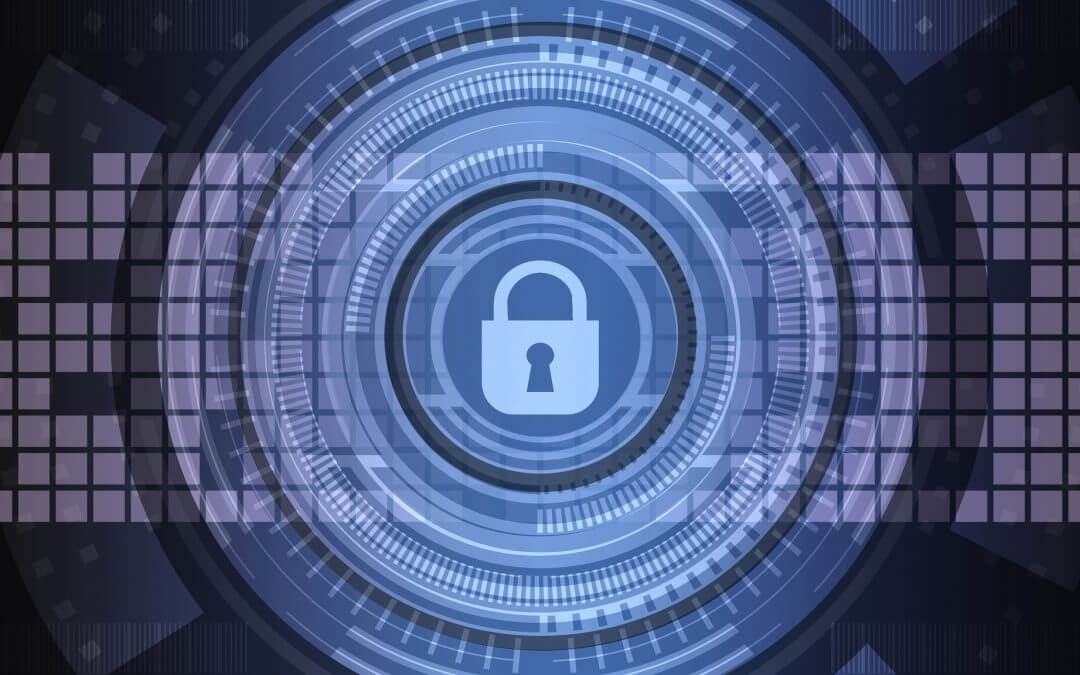You’ve likely heard of “encryption” in reference to sensitive information- like when a payment is being processed online. What is it, then? And how does it work?
To encrypt data means to scramble it, thereby preventing unauthorized access. And it’s absolutely essential that you encrypt your data if you are storing personally identifiable information for your customers or credit card numbers. It’s also a requirement if you’re subject to HIPAA regulations.
There are numerous ways to encrypt your most sensitive data, including self-encrypting hard drives, Bitlocker (a program provided by Windows), or other commercial products. You or an IT professional should also configure your Trusted Platform Module (or TPM) if it’s included on your computer.
It’s wise to backup your data as well as your encryption key as well; so make sure you have a plan for that. HIPAA requires the backups be encrypted as well. You can read more about data backup on this blog we wrote.
Are there any downsides to encryption? If you have a drive issue and lose your key, you lose access to your data and when done incorrectly, encrypting data may lead to some performance and speed issues- which is all the more reason to consult an IT professional if you have any uncertainties. Questions? We’re always available at info@kccompany.net or by telephone, (717) 431-5054.

Recent Comments